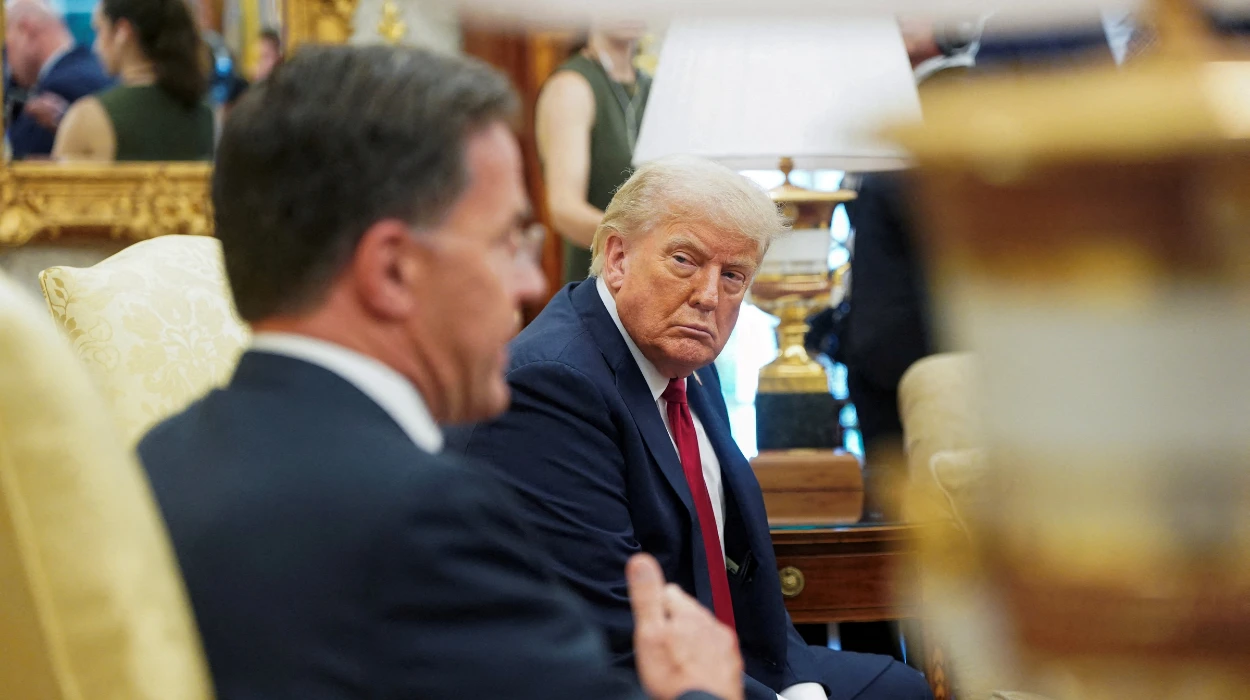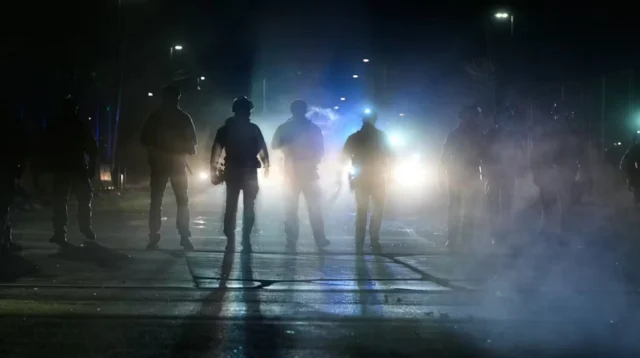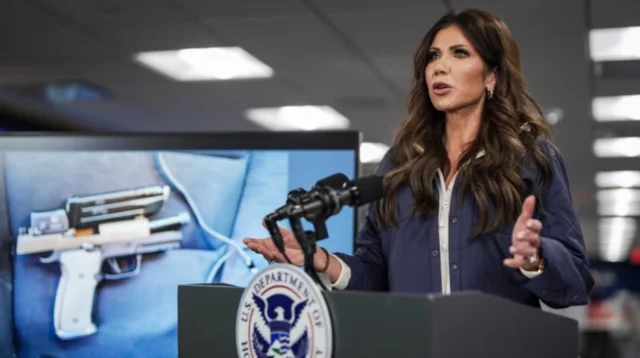Over three years after the beginning of the war, the invasion of Ukraine by Russia has entered an expensive and stagnant stage. The tangible result of the work done by the U.N., Turkish-hosted summits in Istanbul and other attempts to come up with the significant improvement of the situation lie mostly on the surface since, even though the results of these initiatives have been impressing to an extent, the obstacles standing in the path of the fully-developed negotiated peace remain very much in place. The general situation resembles the humanitarian cost and military balance of July 2025 when air raids continue over Ukraine and thousands of civilians are killed in Kyiv.
The pronouncement of the U.S. President, Donald Trump, that August 8 serves as a deadline to a peace deal is one of the sharp increase of tensions. It follows a series of shortened ultimatums, narrowing the window from 50 days in early July to barely two weeks by the month’s end. The urgency reflects Washington’s frustration with Russia’s intransigence and Ukraine’s limited leverage in compelling concessions.
Policy Tools: Sanctions and Tariff Escalation
The ultimatum is backed by economic threats. The Trump administration has pledged to impose up to 100% tariffs on Russian imports and extend secondary sanctions to foreign nations continuing trade with Moscow. These measures would not only target Russian energy exports but also penalize partners such as China, India, and Turkey—countries central to Russia’s economic survival.
Secondary sanctions are designed to isolate Russia globally, creating a financial environment too constrained for continued war expenditure. By threatening to impact third-party economies, the U.S. seeks to turn Russia’s partners into stakeholders for peace.
Potential Effectiveness and Risks of Economic Pressure
Mixed Historical Outcomes
Economic sanctions have proven effective in limiting a state’s capabilities but less consistently in changing core policy behaviors. Russia has historically adapted to sanctions with alternative partnerships, internal production shifts, and financial insulation. Even under severe economic restrictions, Russia’s political elite remains cohesive, and domestic dissent has not manifested into destabilizing unrest.
The Ukrainian war effort has also prompted Moscow to entrench rather than retreat. Escalating pressure may, paradoxically, reinforce the Kremlin’s justification for the conflict by framing Western economic actions as hybrid warfare. Trump’s August ultimatum tests whether an intensified economic offensive can shift Moscow’s cost-benefit calculus.
Third-Party Nations Caught in Crossfire
The prospect of secondary sanctions dilemmas faces the major economies. India and China have subsequently emerged as major buyers of the discounted Russian oil, as the Europeans have opted out. Forcing them to stop purchases or face sanctions by the U.S. may create tension in diplomatic relations and disarray trade networks long distances even outside where a crisis is.
Such a situation would, probably, result in a volatility on the energy markets. The shock to global supply chains would break out because a sudden contraction of Russian exports may affect both developed and emerging economies. This policy will only have to be finely balanced to ensure that there is no economic backlash or resentment of the efforts by potential mediators.
Peace Negotiation Dynamics and Feasibility
Undefined Parameters of a Peace Deal
Trump’s demand for a peace agreement by August 8 lacks a clearly defined framework. Ukraine insists on the restoration of full territorial integrity, including Crimea and the Donbas. Russia, in contrast, refuses any settlement that cedes recent gains or implies defeat. This gap continues to block forward movement.
Efforts to formulate confidence building measures in Istanbul and Geneva had not been able to come up with a roadmap that the two sides would appreciate. Ukraine is insisting on security guarantees that are legal binding, accountability to war crimes, and financing on reconstruction of war. Russia wants its interests to be respected and the NATO expansion to be put on hold. The deadline may only generate posturing without having any substantive follow-through unless a significant effort is put forward in advance.
Multilateral Mediation Constraints
The issues surrounding geopolitics also make peace talks more difficult. The U.N. Security Council is still polarized with the inclusion of China and Russia abhorring a punitive strategy. Western allies are in favor of sanctions, although they do not see eye to eye on the balance of pressure and dialogue. Unilateral economic diplomacy conducted by Trump works parallel to the multilateral forums but not within.
International legitimacy is the underwriter of any peace that has hopes of surviving. A pressured, U.S. led procedure might not have the wide normative approach that can be sustained. It is essential to continue the momentum by the inclusion of key mediators such as Turkey, the EU and the Vatican.
Strategic Responses from Major Stakeholders
U.S. and Western Positions
That deadline is considered by Washington as a strategic lever that shifts the momentum. According to the representatives of the Trump administration, the solution to the issue is that extended war compromises global stability and also exhausts the Western aid to Ukraine. They feel that with pressure building up faster it can drive Moscow to the negotiating table, all the more so when its partners start moving to the backyard looking at the use of sanctions.
European nations offer conditional support but express concern over the timeline. With winter energy planning already underway, Europe remains sensitive to supply disruptions. Germany, in particular, remains cautious about moves that might jeopardize its post-Russian energy realignment.
Russian Defiance and Ukrainian Caution
Moscow continues to reject the legitimacy of economic ultimatums. Statements by Deputy U.N. Ambassador Dmitry Polyanskiy describe U.S. tactics as economic warfare, designed not to end war but to enforce Western dominance. Internally, Russian propaganda frames the deadline as evidence of American meddling.
Ukraine, while grateful for American backing, is wary of premature settlements. Its leadership insists that peace must reflect justice—not just the end of violence, but the restoration of sovereignty and international law. A short-term ceasefire that allows Russia to consolidate territorial control would, in Kyiv’s view, be a pyrrhic outcome.
Long-Term Geopolitical Ramifications
Regional Security and Escalation Risk
If Russia rebuffs the ultimatum and the U.S. proceeds with expanded tariffs, escalation risks may intensify. Moscow could retaliate in cyber domains or by targeting supply chains in sympathetic regions. Military posturing in the Black Sea and Kaliningrad has already increased, raising NATO’s alert levels.
The delicate security environment in Eastern Europe—particularly Moldova, Georgia, and the Baltics—faces renewed volatility. Failure to reach a peace agreement by August 8 may solidify the perception that the conflict is entering a new, protracted phase with global implications.
International Response and Strategy Fractures
Economic pressure’s success depends not only on its application but also on global cohesion. The more fractured the international response, the more room Russia has to maneuver. U.S. allies must be aligned not only on punitive steps but also on positive incentives—reconstruction aid, debt relief, and security guarantees.
Analyst Irakli Kekutia emphasized that sanctions “must be coupled with strategic diplomacy” to avoid backfire and enhance credibility. He warned that economic tools are most effective when backed by clear engagement plans and support from multilateral actors.
Trump wants a deal to end Russia’s war in Ukraine by August 8. The US told this to the UN Security Council. pic.twitter.com/9mSSgYgZf6
— Irakli Kekutia (@IrakliKekutia) July 31, 2025
As the Deadline Nears: Stakes for Peace and Pressure
Trump’s August 8 ultimatum underscores the growing urgency to end a war that has inflicted immense human, economic, and geopolitical costs. Yet, the efficacy of pure economic coercion to achieve peace remains uncertain. This means that sanctions may not be very effective in the resolution because of three aspects, one, the resilience with which Russia is holding out, two, the complexity of third party alignments.
The events that will take place after the next few weeks will challenge the limit of unilateral diplomacy and the power of economic pressure as a peaceful means. The deadline triggers negotiations or deeper confrontation, but either way, it is the pressure that world leaders feel to provide an endgame to one of the most consequential wars in Europe in decades.





